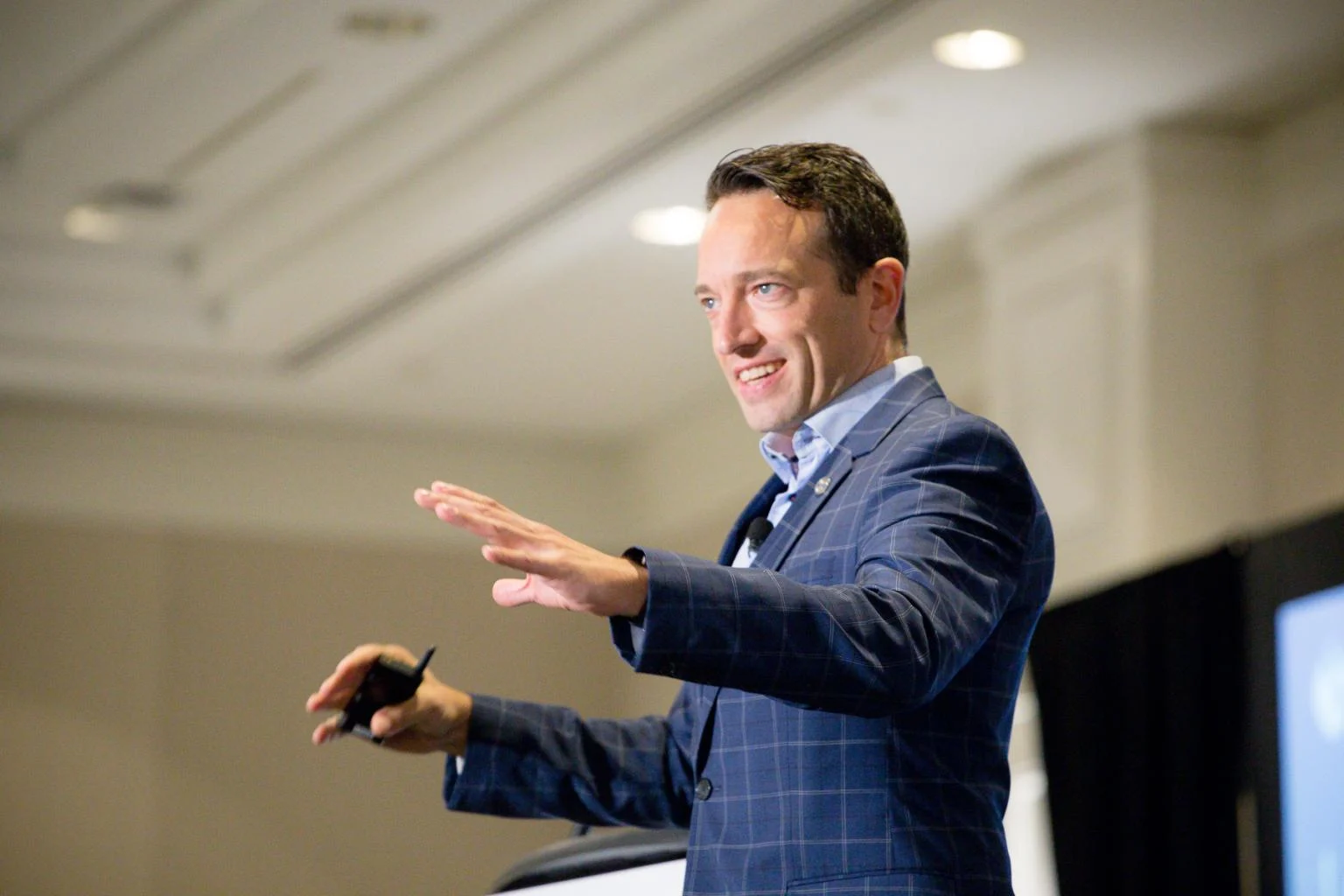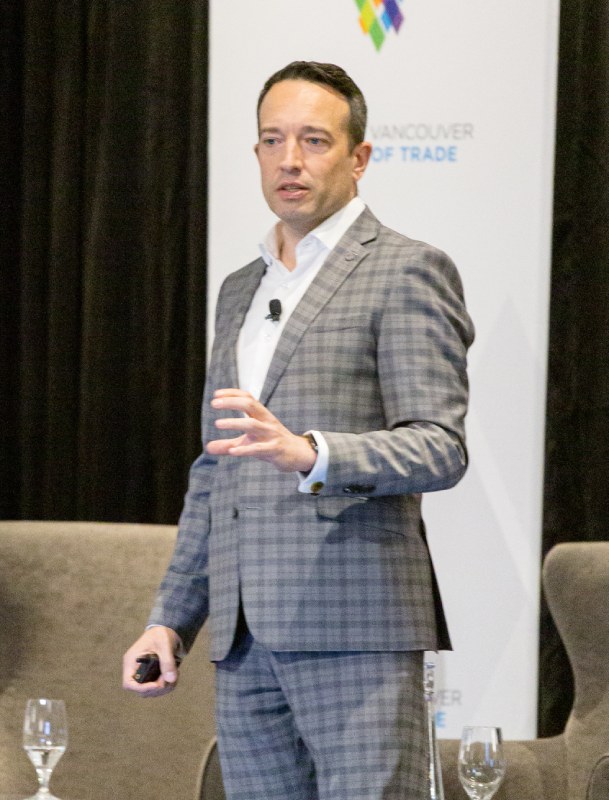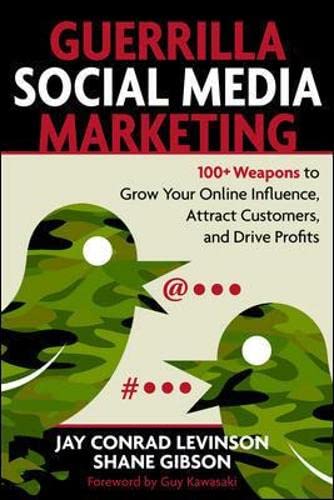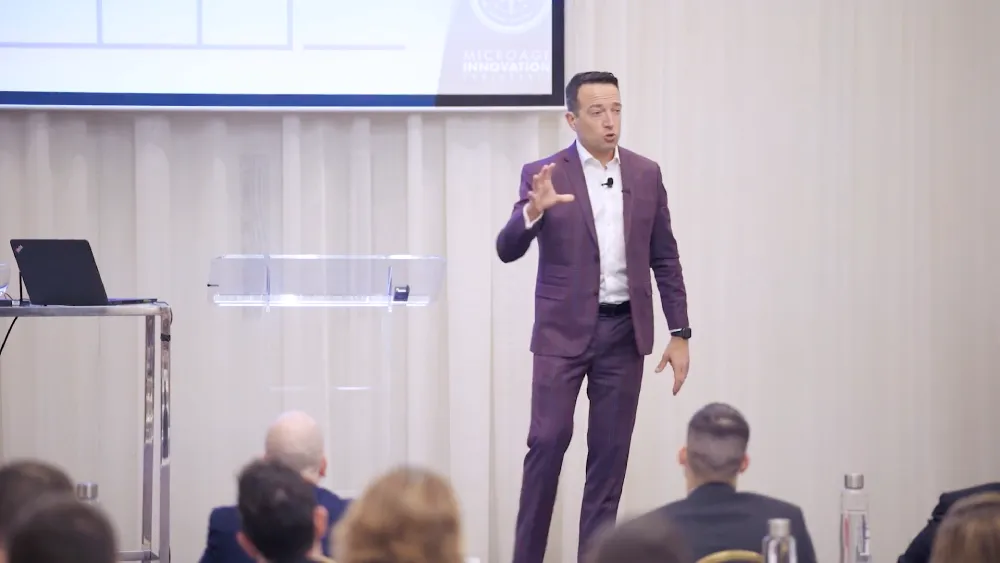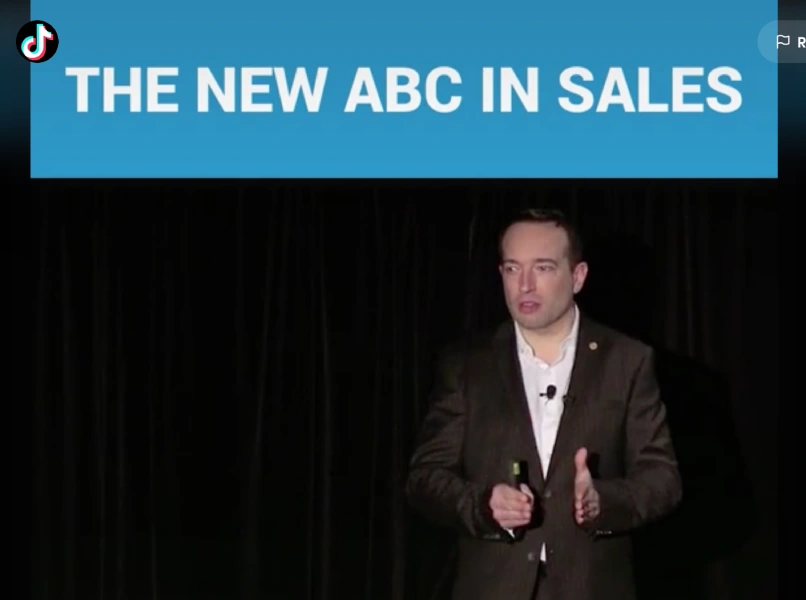The characteristics of an effective M.E.N.T.O.R.
Models success
Expands Vision
Navigates
Truth seeker
Optimizes
Relationship Building
M
Great mentors model success. Authenticity and transparency are much
sought after but rarely found characteristics in today’s society. People listen
to what we say as mentors but we have to be cognizant of the fact that we tell a
story about what we truly value by our actions and daily disciplines.
Mentorship provides a pillar and a model of possibility for those who follow us.
Our example of success and constant movement forward is what makes us credible
and creates an environment of faith where the mentee feels safe to take risks
and move outside of their comfort zone. Another important trait of modeling
success is that we too need mentors to help us continue to grow. After all,
it’s pretty difficult to follow our lead if we’re no longer moving.
E
Effective mentors constantly expand their mentee in
all areas possible. When I look back at some of the business and personal goals
that I have achieved there where a number of times where when I began the
process I personally lacked the vision or belief that it was actually possible.
I was actually working on faith, and borrowed vision and belief from a mentor.
Respondents in a survey done by Robert Half Technology were asked to name the
single greatest benefit of mentorship relationships they had been in and:
- 37% said that a mentor provided insight into a
particular field or industry - 32% said that the mentor served as a confidant or
advisor - 16% said the mentor provided encouragement and boosted
morale
As a mentor we have already ascended to a place of insight
and vision, because of the distance we have traveled we can naturally see
further and more than our mentees. Great mentors often help formulate and paint
a bigger picture than people can conceive on their own. The mentor’s conviction
in the vision and belief in the mentee fuels the faith and conviction that the
mentee needs for spurn them forward. Great mentors expand their mentees,
vision, self concept, and standards consistently. Spend time teaching people
how to think bigger and set goals that are slightly out of their grasp.
N
The ability to navigate and provide a proven
strategy for success is what people look for in a great mentor. The feeling as
a mentor to be able to give this gift is fantastic. Navigation has three
components, a destination, a place to start and as a mentor we provide the third
ingredient – the path in between. People will always have unexpected obstacles
during their journey but it’s the fork in the road that shows the true value of
a mentor.
T
Truth seeker. A mentor isn’t there to coach or
counsel someone. There is no fee, rarely a contract, and the only reward is
often the reward of legacy, contribution, and mentee transformation. The
mentorship relationship is a transformational one where we focus on helping
someone reach and become their full potential. In navigation we talk about
needing a starting point. Great mentors through relationship development can
peel away the layers of persona to find the person, and the truth of the
situation. The truth of any situation is where we can begin to map a path
forward. They also help the mentee develop clarity and evaluate murky
situations to find the real truth and reality to build life strategies that are
based upon accurate assumptions and wise choices. Transformation can only truly
begin with a truthful beginning. Seek and insist on the truth.
O
Optimizing is about taking something that is already
effective and improving it significantly by making a series of subtle calculated
shifts. Transformation rarely happens all at once. It usually occurs through a
series of smaller changes and shifts in focus. As a mentor when we work and
develop others we can see a hundred things they could improve. Optimization is
about prioritizing based upon strengths and talents. Help your mentee delegate
or remove the activities and behaviors outside of their core talents and
values. Get them to focus on what they are truly good at and what they truly
enjoy doing. (if there ever was a place for a coach this is it, investing in a
coach who can help them turn their talents and passions into strengths will pay
dividends) On purpose people have more energy, hardly feel stressed, and are
more productive.
R
Relationship building is the key to having real
impact and leverage in the mentorship relationship. Through relationships we
gain the trust of the person, once they trust us deep truths, fears, and goals
are shared. We gain permission to give them much needed feedback and
direction. We have all been in the situation where someone offers advice to us
when uninvited, we can feel that this person is assumptive and pushy and more
often than that we don’t feel that the advice is credible… after all we hardly
know the person.
Bill Gibson founder of Knowledge Brokers International
developed a very straight forward formula for relationship development. Time +
Genuine Assistance = Relationship = a commitment from both parties. There is no
shortcut here, the more time we put in and the greater the assistance and
positive intent the stronger the relationship and ultimately the better the
results.
We can genuinely assist people in many ways; we can:
- Believe in them
- Help pick them up when they have failed
- Commend them when they have succeeded
- Help expand their network
- Make them part of a project you are working on
- Recognize them publicly
- Keep commitments
Another critical component of building relationships and
effective mentorship is listening. Listening seems simple enough but most
people don’t really listen, they just wait for their turn to talk. People spend
a good portion of their day being talked at and competing for air time. People
can tell when we truly care about them and what they have to say. Authentically
listen to people, be totally present and sincerely interested and the
relationship will flourish.
Shane Gibson

